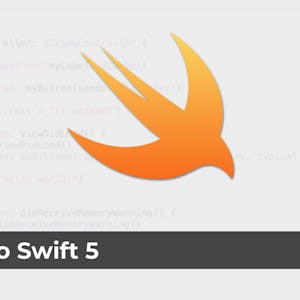Probabilistic Graphical Models 2: Inference
About this Course
Probabilistic graphical models (PGMs) are a rich framework for encoding probability distributions over complex domains: joint (multivariate) distributions over large numbers of random variables that interact with each other. These representations sit at the intersection of statistics and computer science, relying on concepts from probability theory, graph algorithms, machine learning, and more. They are the basis for the state-of-the-art methods in a wide variety of applications, such as medical diagnosis, image understanding, speech recognition, natural language processing, and many, many more. They are also a foundational tool in formulating many machine learning problems. This course is the second in a sequence of three. Following the first course, which focused on representation, this course addresses the question of probabilistic inference: how a PGM can be used to answer questions. Even though a PGM generally describes a very high dimensional distribution, its structure is designed so as to allow questions to be answered efficiently. The course presents both exact and approximate algorithms for different types of inference tasks, and discusses where each could best be applied. The (highly recommended) honors track contains two hands-on programming assignments, in which key routines of the most commonly used exact and approximate algorithms are implemented and applied to a real-world problem.Created by: Stanford University
Related Online Courses
This lesson is part of a full course, Speak English Professionally: In Person, Online & On the Phone. Take this lesson to get a short tutorial on the learning objectives covered. To dive deeper... more
This Specialized Program is aimed at leaders who are interested in consolidating their leadership and critical thinking skills within an organization, positively impacting organizational behavior... more
Course 7 - Systems and Application Security This is the seventh course under the specialization SSCP. This course discusses two major changes in recent years to how we use our data: going mobile... more
In this course, you will learn about the dynamic world of robotics, which blends engineering, electronics, and computer science to create innovations that enhance our daily lives. You\'ll learn to... more
This program is intended for anyone who wants to learn how to develop Apps using Swift and iOS. Through four courses, you will learn topics beginning with the absolute basics and ending with... more







